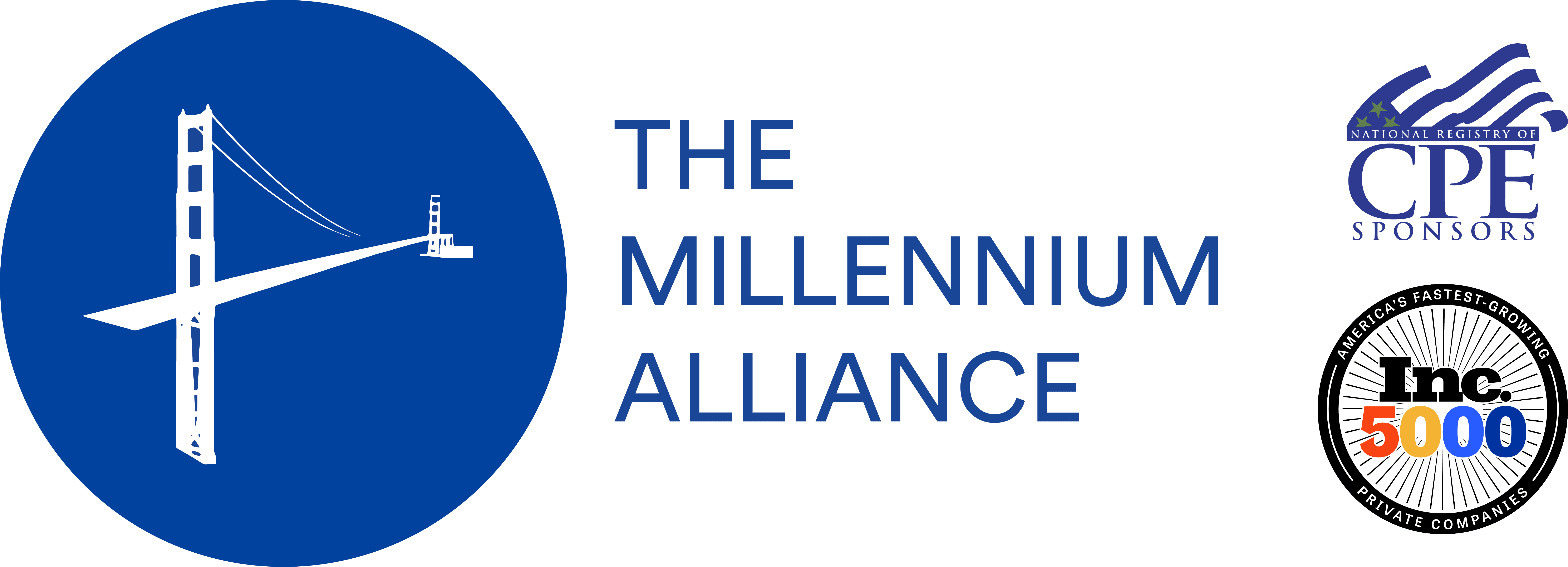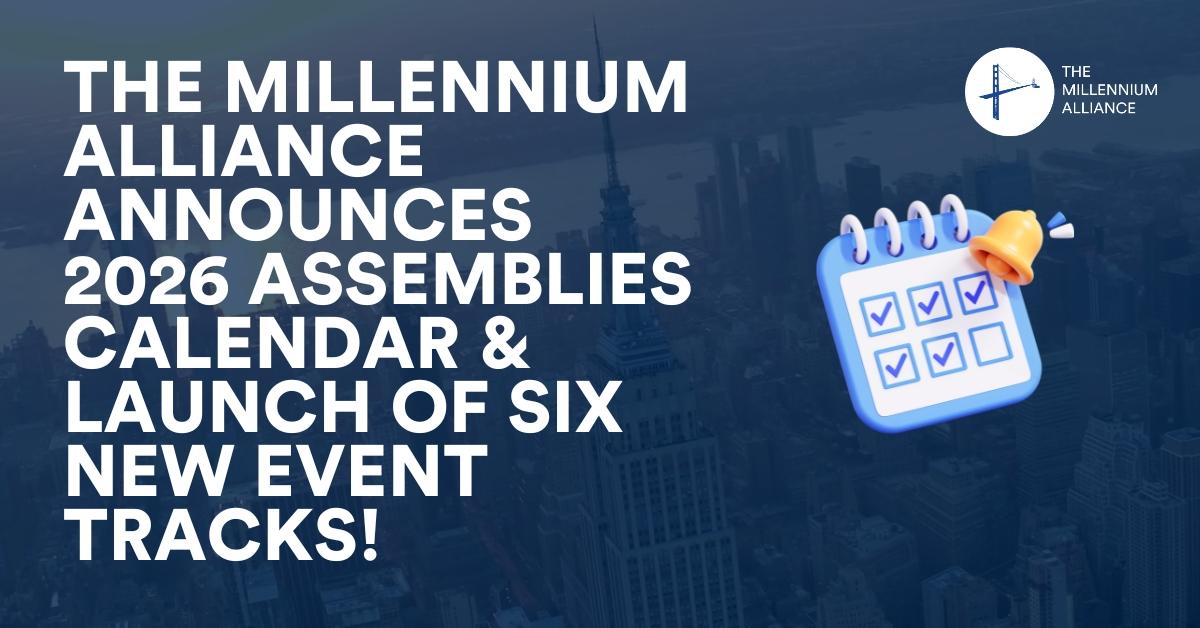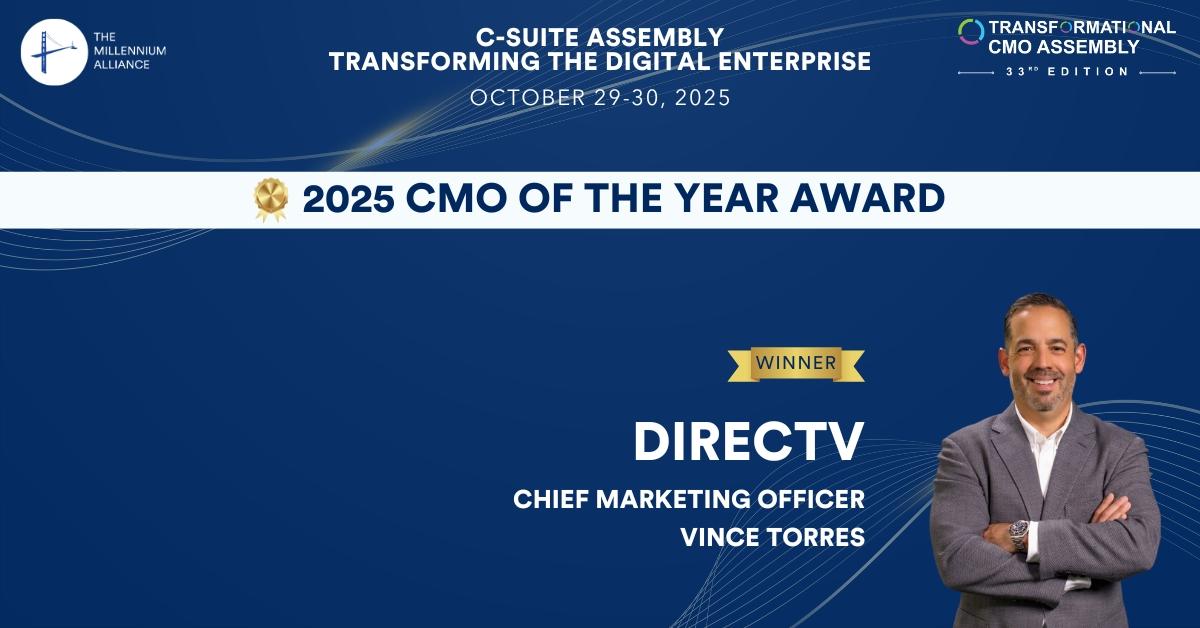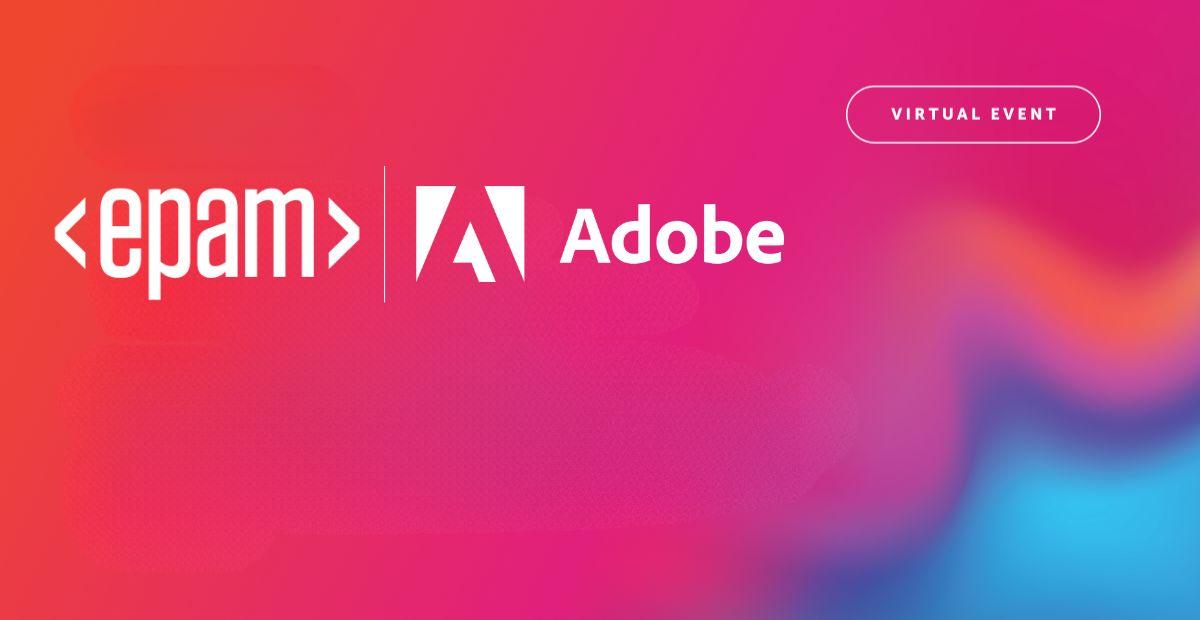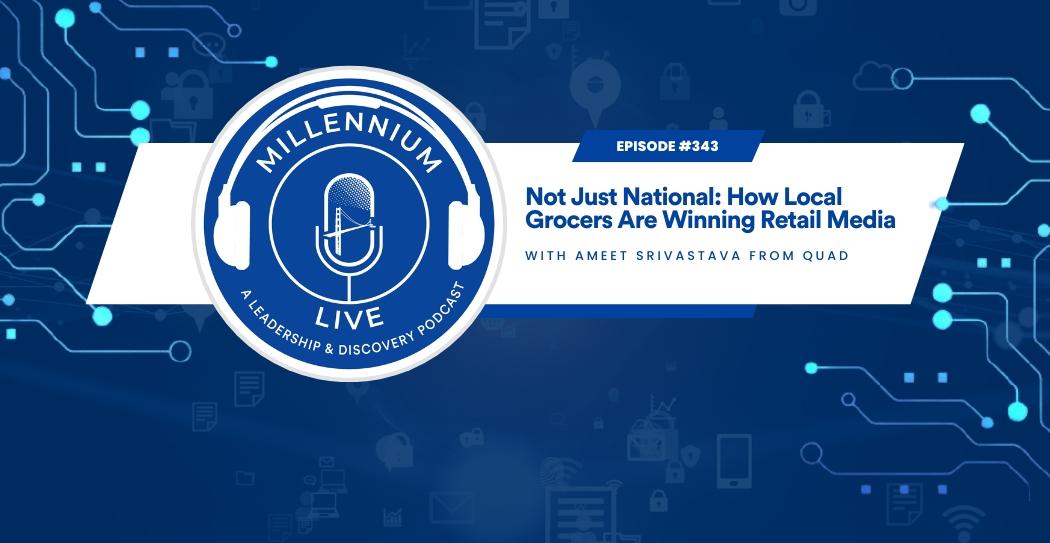As originally published by David Sable on LinkedIn. Subscribe to the newsletter!
Clubhouse is booming and Twitter and Facebook have taken note and are chasing after it.
For those unfamiliar with this most recent (and hippest) of social media tools, allow me to borrow a description shared by the New York Times last month:
“[Clubhouse is a] social networking app that lets people gather in audio chat rooms to discuss various topics, whether it’s sports, wellness, art or why Bitcoin is headed to $87,000. Rooms are usually divided into two groups: those who are talking and those who are listening (participants can see a list of everyone who is in a conversation, and the numbers sometimes run into the thousands). Unlike Twitter, Clubhouse is a closed, hierarchical platform: A moderator oversees discussions and has the ability to let someone chime in or to kick out the unruly. In addition to the ‘clubs’ sorted by topic, two or more users can join together and start their own chat room.”
Audio-only programming has been on the rise with the ever-growing popularity of Podcasts and their commercialization, together with channel-like content aggregation.
Lest you think this new concept of audio was sprung upon us ex nihilo, allow me to deconstruct its creation and popularity.
It’s actually a fascinating study in de-evolution—and instructive in understanding how to play and conquer this seemingly new medium of engagement.
Let us go back a century, to November 1920, when the first commercial radio station emerged in Pittsburgh USA. Its inaugural broadcast, interestingly enough, was to report the results of the Presidential election between Harding and Cox.
Back to this narrative…
What was created for news and information, soon learned how to entertain and educate. Hatemongers like Father Coughlin became adept at spewing racist vitriol on radio, amassing 30 million listeners at his height in the 1930s—far more than most of the Twitter followers of his spiritual descendants today.
And then came WWII, when Winston Churchill taught the world just how powerful a positive force radio could be, as Franklin Roosevelt and others followed suit.
Radio was a commercial success, used by consumer brands and services to sell their wares. And when highways expanded, and the world took to the road, drive time radio became one of the most important communication channels of its time. Keep that in mind. Don’t lose the thought…you’ll see why in a few paragraphs.
Hold on to the following as well: what for my parents was an experience that needed a physical platform and a plug-in power source, became, for my generation, a statement of freedom and individuality as transistor radios, powered by batteries, proved an important lifestyle accessory, as DJs (the critical influencers of the day) told us what music was hot and who was doing what.
Then the Digital Age hit. The Internet, “immersive experiences,” (ask someone my age about listening at night with an earphone under your covers, if you want to know about subversive immersive), and of course, the everything-else-killer: video. After all, why just listen if you can watch?
But here is the thing…100 years ago, we started with radio and ended up streaming blockbuster movies onto screens in our homes. And now we are going from those screens back to radio. Contrary to what communications prophets of the late twentieth century may have believed, cinema and radio are complimentary, symbiotic, existing side-by-side as opposed to struggling against one another, and they have both been successful because of differing use cases.
Your smartphone is the super-evolved transistor radio of my youth—you carry it everywhere, it’s a lifestyle accessory, you can use hi-def headphones/AirPods (not like the single earbuds we once had), and yes, you can watch video, but you can also talk, interact, groove to music, shop, etc. And yet, audio, as in ‘radio,’ is still clearly an important and powerful part of its foundational DNA.
Drive time, so critical in my youth, has expanded with walking/ running/ shopping/ chilling/ commuting, making it a 24-hour on-demand opportunity that exponentially expands listener engagement.
And much like audiences in the UK discovered in 1924, when a local radio station began having people call in, “listeners enjoyed the novelty of hearing their own voices taking part.” So successful was it then, that the Post Office, who controlled the phone system, had to intervene as radio call-ins nearly shut down the entire grid. Sound familiar?
Why do I tell you all of this?
I don’t believe we will fully use or develop Clubhouse, or a platform like it if we don’t understand its true origins.
Better yet, think on this: in a world where we are so sure that everything has to be released at once, on-demand, when we want it, Clubhouse operates like old-fashioned radio broadcast.
You have to watch it in real-time. You must opt-in, listen before they let you talk, and—my favorite thing—the session ends at its advertised time.
Clubhouse, like podcasts and streaming radio, defies the DIGIBABBLE pundits at the same time it makes brilliant use of digital technology. To make it work, you really need to understand people and their motivations, not unlike 1924 England, updated for our digital world of today.
“The Era of Audio Creators Has Arrived,” a New York Times piece by Taylor Lorenz, tells the story of Clubhouse and the businesses it’s spawning—a good read to get grounded in where it’s all headed.
Yet, I can’t help but wonder, as I muse on the amazing past that brought us here, the following quote which concludes Lorenz’s article:
“Part of what we want to do is not just create a model of how audio can be transformed…but also make a push forward for creator-driven culture so that this culture isn’t being shaped by the platforms and technologists, but the artists and creatives and talent.”
I wonder what Winston Churchill would say to this, or the original radio jockeys who first reported on the Harding election, or the first listeners who participated in call-ins, or the brands that built their businesses…or the on-air theaters and concerts that once invaded people’s imaginations with early audio…
Ex nihilo? Don’t think so.
Arrived? More like finally returned.
Although Thomas Edison believed that, “the radio craze will die out in time,” Hallie Flanagan, a theatrical producer, director, playwright, and visionary once said…Listen:
“The power of radio is not that it speaks to millions, but that it speaks intimately and privately to each one of those millions.”
Kudos to the founders of Clubhouse for tapping into this truth. A word to the wise: let the DIGIBABBLE Brigade think they created audio, get your hands on some of the most creative work ever done, even if it was so last century, and beat them to the punch.
What do you think?
P.S. a little gift for all…

